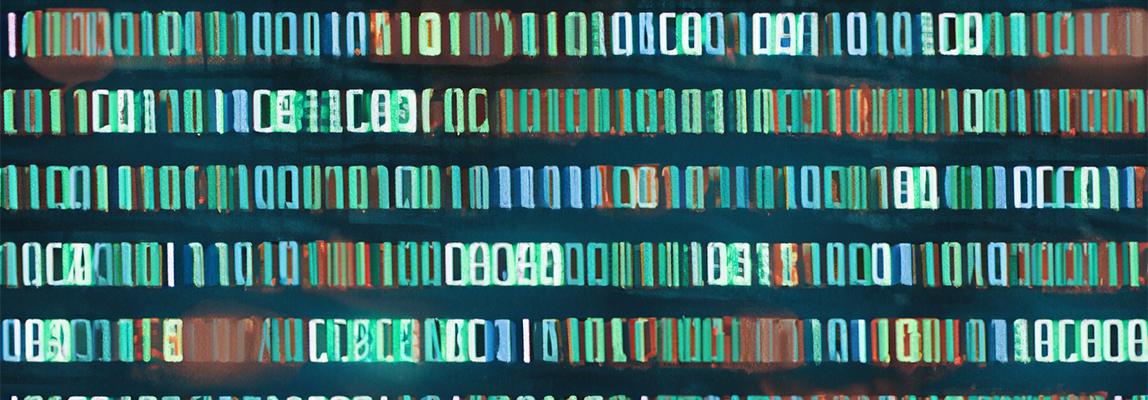
From data scraping to model optimization: Fedya Chursin's computer vision project
06/21/2023 - 09:33
We talked to Fedya Chursin, a first-year Applied Data Science and Artificial Intelligence student, about projects that he has been working on this year.